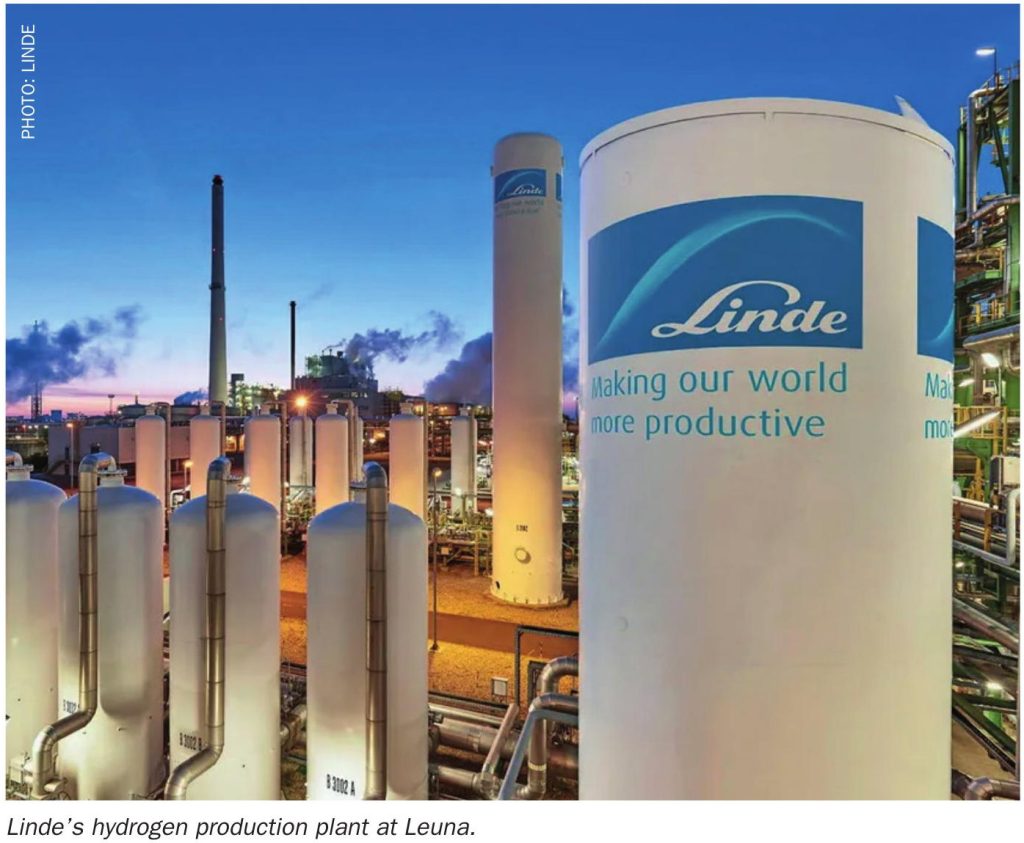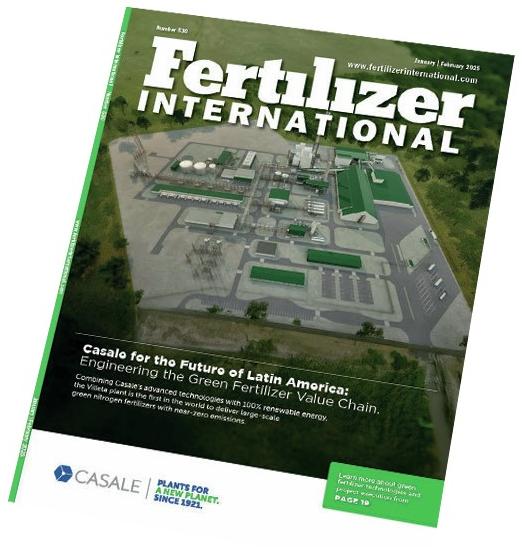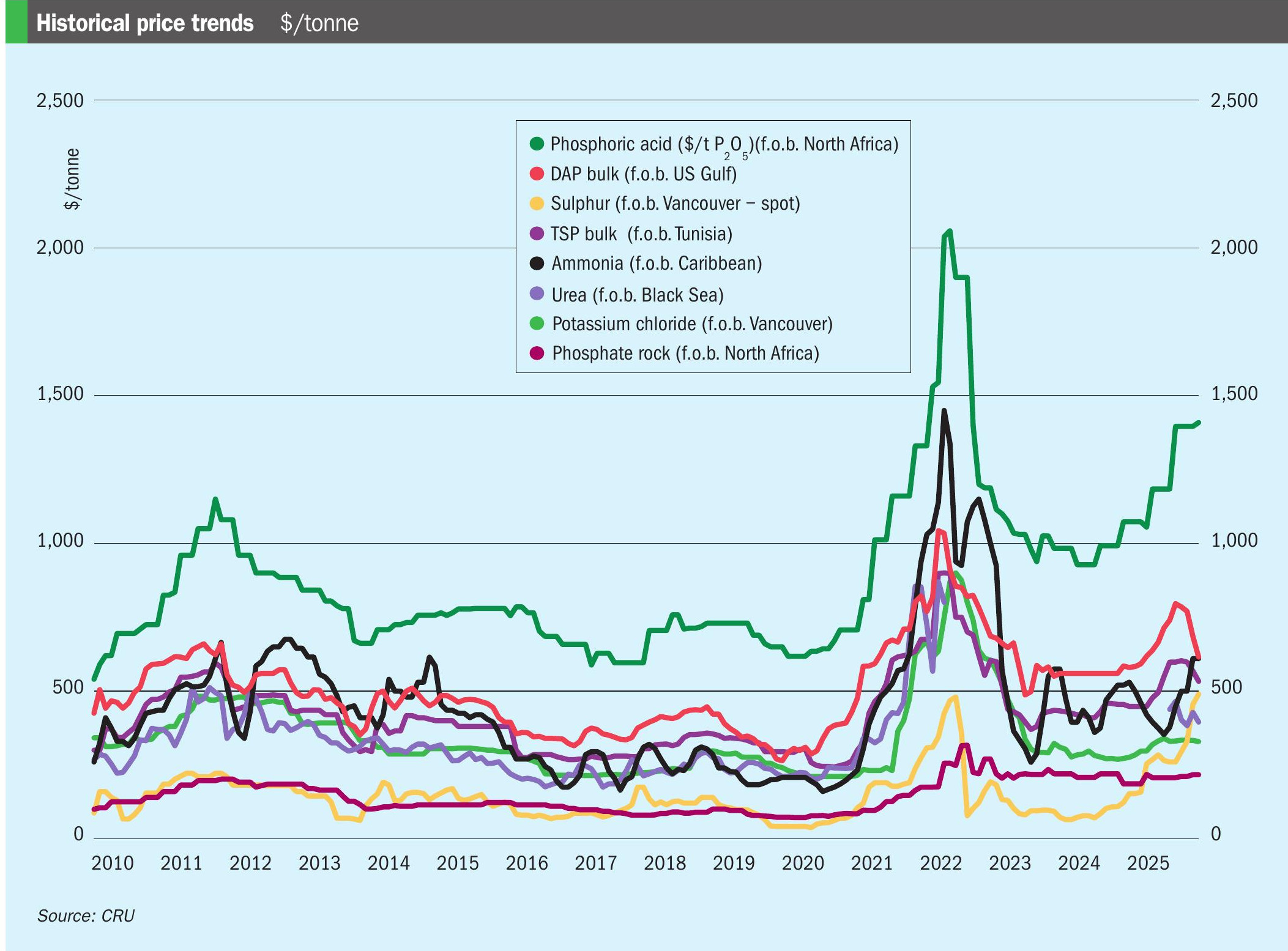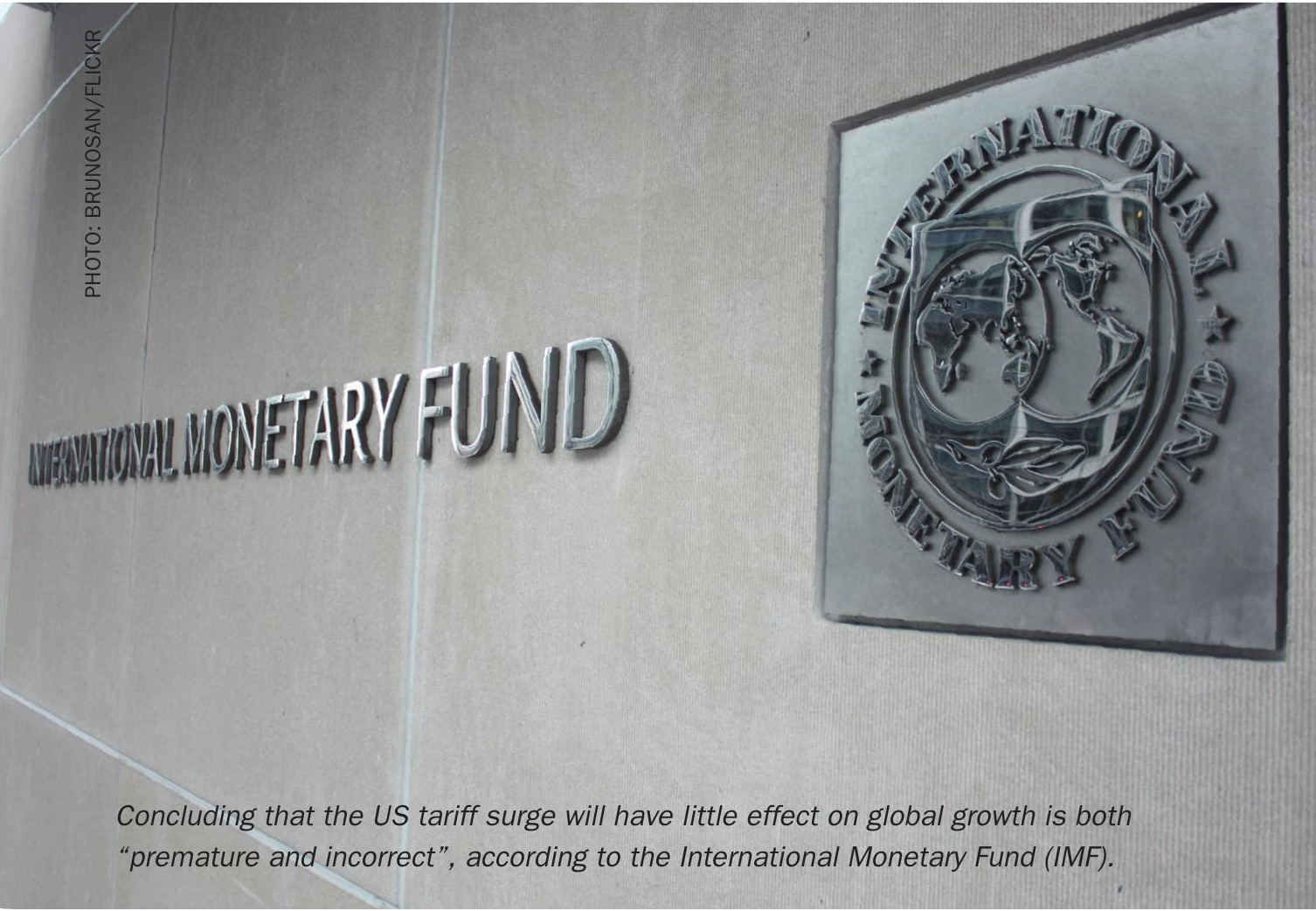Nitrogen+Syngas 397 Sep-Oct 2025

16 September 2025
Uhde completes pre-FEED for major renewable fuels project
thyssenkrupp Uhde has completed the pre-FEED (Front-End Engineering Design) phase for the Portland Renewable Fuels Project in collaboration with HAMR Energy. The project, located in Victoria, Australia, will use biomass residues and renewable electricity to produce green methanol that can be used as a low carbon liquid fuel to power shipping and aviation.
In line with Australia’s plans to become a global hydrogen leader according to the country’s 2024 National Hydrogen Strategy, the project aims to contribute to one of its key objectives: the decarbonisation of long-haul transport. The green methanol that the plant will produce can be used to fuel ships, or be refined into sustainable aviation fuel (SAF), a direct substitute for fossil based jet fuel.
Nadja Håkansson, CEO, thyssenkrupp Uhde, said: “We are proud to support HAMR Energy in shaping the future of renewable fuels in Australia. Our proven capabilities in process engineering, technology integration and project execution are the cornerstones of this collaboration.”
Richard Owen, Director and Chair, HAMR Energy added: “This milestone reflects both our ambition and our strategy: to work with global technology leaders to deliver Australia’s next generation of clean fuels. The pre-FEED phase marks an important step for a transformative project for our country’s energy future.”
thyssenkrupp Uhde will provide the biomass-to-methanol technology for the project. The company has over 100 years of experience in chemical process engineering, with a portfolio that includes proprietary technologies for gasification, methanol synthesis, and emissions reduction. Its Australian operations will contribute local engineering expertise and project execution capabilities.INDIA







